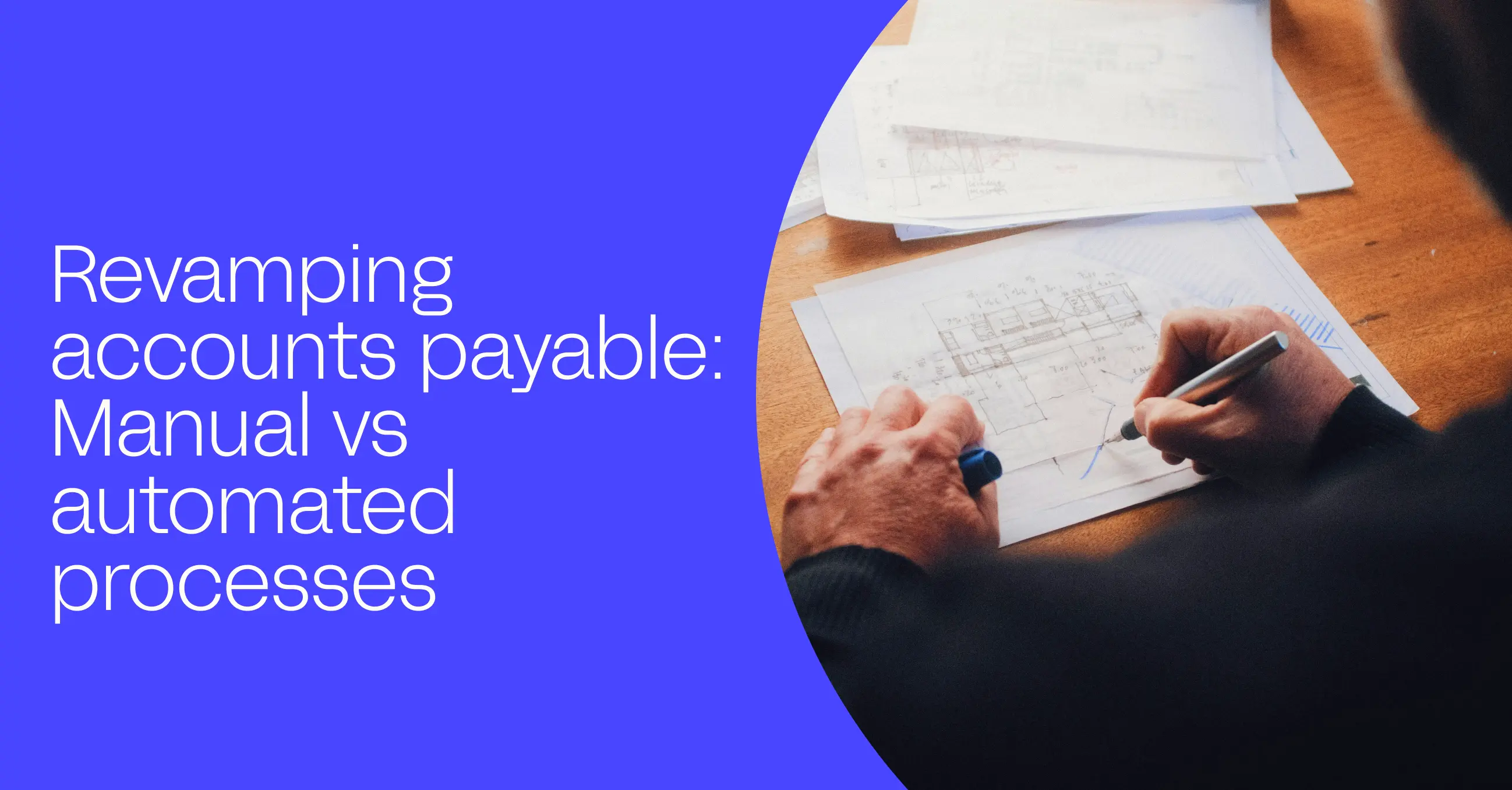How to avoid payment fraud
Jo McCann
| December 1st, 2021
Payment fraud costs companies thousands of dollars a year. The first step in preventing scammers is to educate yourself and your team on common fraudulent tactics so that it can be spotted and prevented before it ever occurs.
Fraudsters are the bane of many corners of the internet, finding crafty ways to commit fraudulent activities such as identity theft, account takeovers, and stolen credit card or debit card payments. Fraud is always a threat but has kicked into overdrive over the COVID-19 pandemic as both e-commerce and fraudulent websites boomed. Sensitive information, pins, card details, bank account information, and passwords can be bought and sold across the dark web, turning personal data into profit. Luckily, arming yourself with knowledge and learning the safest practices for your company can prevent personal information from being leaked and help avoid situations such as a business email compromise or malware download.
For accounting teams, employees need to be extra diligent. Online fraud is common, but so are fraudulent purchases. From large-scale merchant identity fraud to "friendly fraud" such as chargeback schemes, financial teams must constantly learn to avoid new, evolving forms of fraud. The first step in protecting your company and employees from falling prey to one of these schemes is to educate them on payment fraud and the different forms it can take.
What is payment fraud?
Payment fraud is any kind of fraudulent transaction that aims to scam money or products from sellers. There are many ways that payment fraud occurs, such as through fake refund requests or merchant identity fraud. Being aware of the different types of payment fraud can help your company and employees spot them before they become a severe issue.
Types of payment Fraud
There are, unfortunately, many types of fraud that criminals can use to scam cardholders or fake transactions. Payment fraud is trending, and watching out for unauthorized transactions and authenticating suspicious buyers is vital to protecting your company.
Credit card fraud
Credit card fraud can occur when someone steals either someone's physical card (called card-present fraud) or is able to get ahold of their credit card numbers. Credit card skimmers are sometimes used at ATMs to get this information, or stolen card information that is leaked from vendors, insecure mobile payment applications, or worse, financial institutions themselves. When someone uses a stolen credit card to buy something from your platform, often the charge is disputed, and you are left not getting money back as well as losing the item or service you provided.
Phishing
Phishing is a scam behavior in which someone tries to pretend they are a legitimate website or person to gain money or sensitive customer information. One of the most common forms of phishing attack is called a business email compromise (BEC), where a scammer will impersonate someone higher in the company structure trying to get money transferred to them from a different company employee.
Card testing
Not all fraud detection systems will notice more minor charges. Often, when they have acquired someone's credit card information, scammers will test the card not only to see if it is functional but to see if your detection system will notice the smaller payment.
Denial of product receipt
The denial of product receipt occurs when you send an item to a customer or scammer, and they then claim that they didn't receive it or order it in the first place. It can be challenging to disprove this kind of fraud, and it needs to be monitored carefully to catch.
Fake returns
Those using fake return scams often approach this in different ways depending on your return policy and product. The scammer often will ask for a refund after allegedly returning the product, saying that they sent the item back when they did not.
Pagejacking
Most commonly seen with e-Commerce companies, a scammer can 'hijack' customers trying to use your website and direct them to their malicious website. Often these websites aim to get clients to submit their payment information, stealing their credit card and personal data.
Merchant identity fraud
Criminals who use merchant identity fraud will pose as one of your merchants or set up a new account pretending to be a new customer. Once the scammer has access to or sets up a merchant account, they will use stolen or illegitimate payment methods to order goods from you and make off with your items while you are left with chargebacks.
Package interception
Like porch thieves, package interceptors will use stolen credit card information and someone's address to order items and then intercept the item before the victim receives it. Most often, package interception occurs with high-to-mid-value merchandise, such as mobile devices.
How to reduce payment fraud
Knowing what kinds of fraud are prevalent online and in your industry is the first step to protecting yourself against it and gaining insight into how to prevent fraud for your company and its treasury. Beyond learning about threats and creating increased security measures such as pins and tokens, implementing the correct tools can help accounting teams catch fraudulent charges before it is too late.
Use fraud prevention software
Fraud prevention software can catch suspicious activity in real-time, catching suspicious activity before it impacts your company. Often without impacting your customer, you can use protection software to prevent things such as policy abuse, shifting liability, and implementing user-friendly authentication tools. From mobile payments to your invoices, fraud prevention software can help ensure things such as customer IP addresses and shipping addresses all match up, adding an extra layer of protection for your company. The software can also ensure that fraud is caught fast, helping prevent continued attacks by fraudsters once they find a weakness in your system.
Leverage audit logs for every payment
Analyzing your audit logs for different clients and transaction histories can help you catch fraud. Ensuring that an accurate, detailed audit log is kept is essential for a company to stay compliant and can help you detect fraud more quickly. Ensure that you or your team can't edit your audit logs to cover up fraudulent activity, and make strict rules to create audit logs and compare documents for every payment. Alternatively, implement automation software that will do this for you constantly without extra work for your team.
Use payment automation software
Machine learning, automation, and AI have all evolved to help make companies more efficient and safer. Automation can help detect discrepancies in invoices and payments by comparing them without any human interaction. By double-checking client information and transaction documentation instantly, automation can flag suspicious activity and incorrect data before transactions are finalized. On top of being instant, automation doesn't create more work for your team. Automation tools save workers time and help them be more efficient by cutting out manual tasks that can lead to human error.
Keep your business safe from online payment frauds with Routable
Accounts payable fraud happens, sometimes even accidentally. Automation can help detect issues with invoices and payments, ensuring that your company doesn't get fraudulently charged or taken advantage of by vendors with ill-will. Routable can empower your accounting team with automation for B2B payments, allowing them to focus on things that matter most while protecting your company from fraud. Finding duplicate payments, keeping an automated audit trail, and reconciling your accounts automatically helps fight fraud while saving time for your employees. Automation creates risk reduction, improved invoice management, and allows for faster (and safer) payments.
Conclusion
Fighting fraud doesn't have to be complicated. The first step in fighting common scams is to inform your workforce about how they can look for signs of fraud. Once your employees know what fraud looks like, empower them with software that can help detect it in real-time. With the right tools and education, your team can protect your company from payment fraud.
Recommended Reading

Accounting
What is payment automation?
From fraud detection to reducing manual data entry, automation can help your team be more efficient and focus on much more crucial tasks than filing papers.

Accounting
Revamping accounts payable: Manual vs. automated processes
Learn how transitioning from manual to automated processes can revolutionize your Accounts Payable department while avoiding potential pitfalls.
